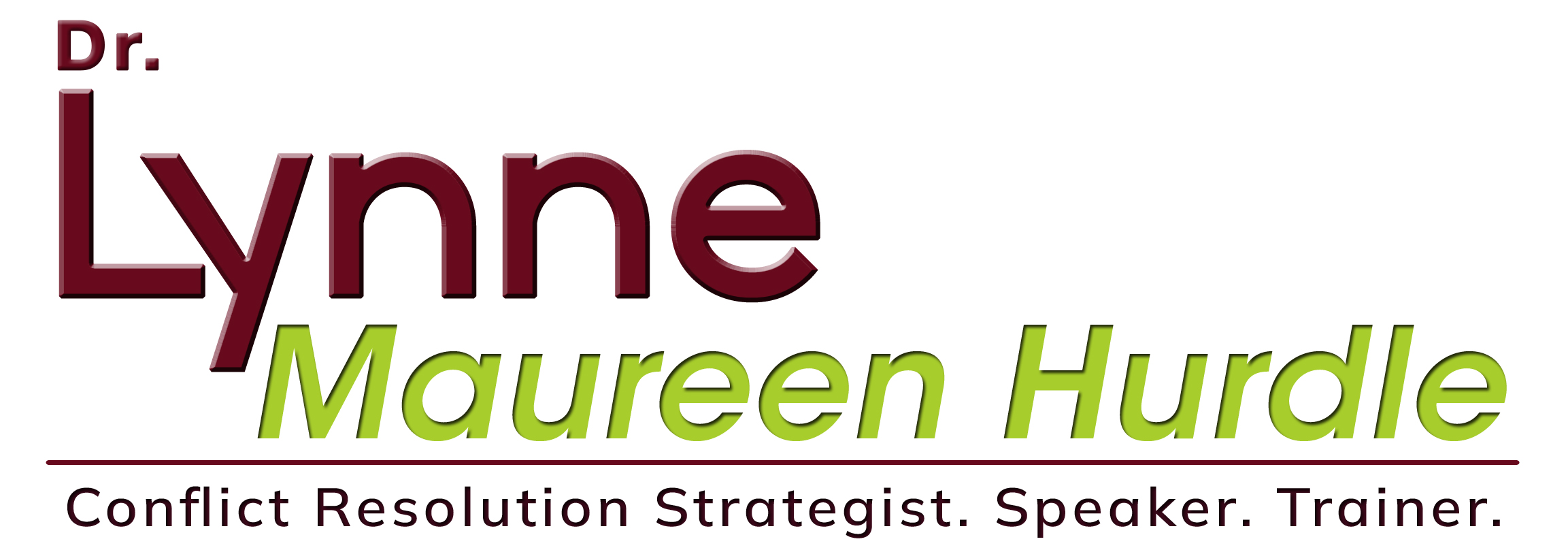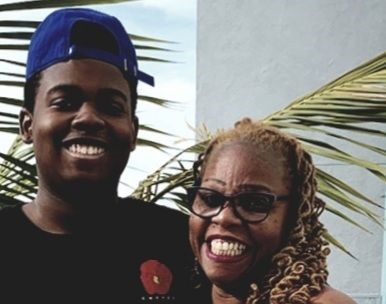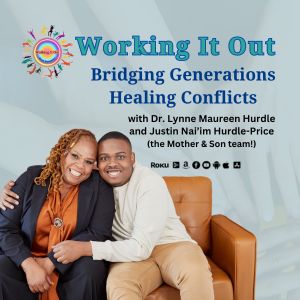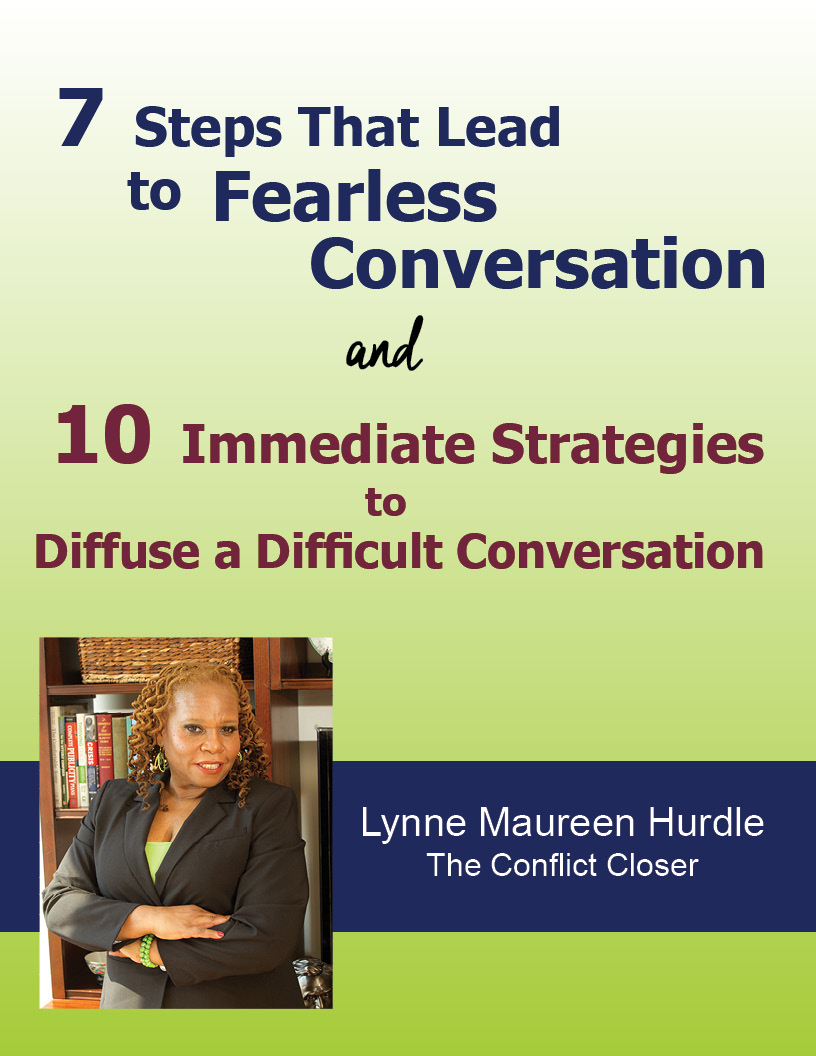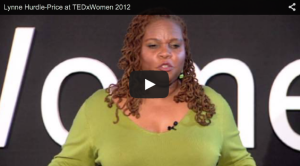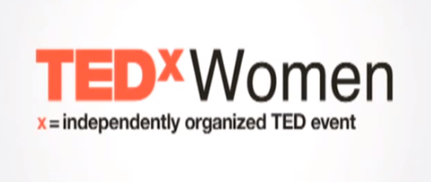So Many Difficult Conversations To Be Had
Are You Doing It Right? Are You Doing It At All?
If you are anything like me you have spent far more time than you have imagined answering the questions of children, tweens, teens and young adults during the pandemics of Covid19 and Racism.
There have been many hard questions including, “Will I get sick? Will you get sick? What’s going on? Why do they hate us? Why do they kill us? Why are people protesting? Is there any hope?”
Feelings of sadness, hurt, fear, confusion and overwhelm often surface before any real words. Having difficult conversations is tough enough with adults, unfortunately we are not very good at it, as witnessed by the state we are in as a country and a world. Now we are in the position of having to make the choice of having these conversations with our child/children. When I say our children, I am talking to all of us.
As I watch the events happening today… And see the response of white parents in particular who want to have the difficult conversations around racism with their children, and as I also see the pain experienced by Families of Color as they are navigating almost daily conversations with their children on top of having to talk about Covid19, I know I have knowledge and experience that can be helpful to everyone.
I have always maintained that conversations around racism and diversity are some of the most difficult conversations we can have and often lead to both internal and external conflict.
Conflict is something most people aren’t skillful at and either avoid or explode when they are involved in one. Most of us internalize conflict as something to be feared, because it was introduced to us early in life as negative or something not to talk about or learn from. When this fear makes an appearance, it shows up with an arsenal of ways for shutting down conversation. Yet, the attempts to have these difficult conversations without basic conflict engagement skills are ongoing.
Having difficult conversations without using the foundational skills… for engaging in and resolving conflicts often leave your children afraid, confused, quiet and unwilling to share their true thoughts and feelings.
In one of our myriad of deep, deep, deep conversations, Nai’im asked, “Mom what can I do? I have a lot of knowledge particularly about racism and having deep conversations about it.” And I agreed.
So… Nai’im and I have put together three separate and powerful 2-hour LIVE workshops.
The first one that we are hosting on July 21st…
teaches you how to use some of the foundational skills of conflict resolution to engage in any difficult conversation with your children, tweens and teens.
In our family, my sons learned conflict resolution skills starting at the age of 2 and both were facilitating workshops with me and on their own at an early age. We also had wonderful, meaningful conversations regularly in our household and I used a lot of conflict resolution techniques in order to have some of the more difficult ones.
We will be sharing some of those with you in this LIVE Workshop.
Here is what we will be sharing with you in this How To Have Difficult Conversations With your Children/Tweens/Teens Workshop:
- Three things that will lay the foundation for opening the door to conversation.
- How to take the parts of conflict that everybody dreads and turn them into learning experiences for everyone involved.
- How to take care of yourself in the midst of these conversations and how to teach that to your children/young people.
- Two deep listening skills that set the stage for meaningful conversation.
- The three big mistakes you do not want to make if you want to engage in difficult conversations with children/young people.
- How to respond rather than react when you or the children/young people get triggered.
- How to feel, sit in, appreciate, and use emotions as fuel for opening up the conversation even more.
Please join us. You can register for this workshop RIGHT HERE.
The next two workshops are specifically for adults who want to engage in difficult conversations about racism with White children.
It’s an opportunity to learn how to use some basic conflict resolution skills to have the difficult conversations about racism and allyship.
We will host these on July 28th and 29th respectively.
In the Difficult Conversations About Racism For Children ages 5 – 10, you will learn:
- How to make the reading of children’s books have the impact that you want on your children when it comes to race, difference, history and racism.
- How to start conversations about racism using three methods and examine the importance of each method.
- Three developmental facts that will help you break down the information into age appropriate sharing.
- How to listen deeply and talk less when engaging in difficult conversations.
- Two techniques for managing the emotions that come up for your children and yourself.
- Three important facts to share about racism with your children.
In the Difficult Conversations About Racism For Tweens & Teens you will learn:
- How to start conversations about racism using three methods and examine the importance of each method.
- Three important facts to share about whiteness and racism with your tweens and teens.
- How to start to prepare your tweens and teens to be allies to children of color.
- To discover how social media solidifies segregation and how to talk about it with your tweens and teens.
- How your generational values can create barriers to conversation.
- How to open up the conversation when it breaks down.
Please join us. You can register for either or both RIGHT HERE.
The time is now to have some of the most important conversations of our lives with our children who are most definitely our HOPE for a brighter future.
In love,
Lynne
